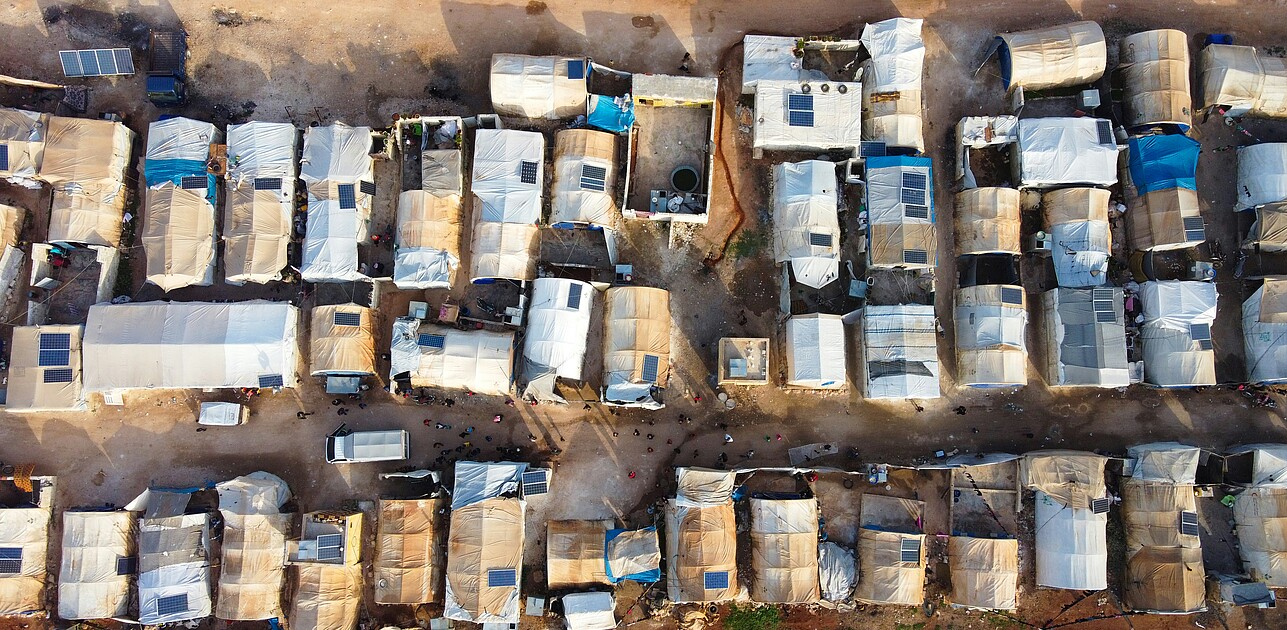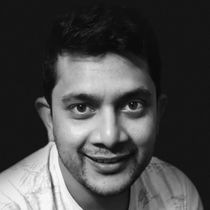

Article: Tuesday, 30 July 2024
A four-year ethnographic study in the world’s largest refugee camp by PhD candidate SM Musa will help humanitarian organisations and activists, NGOs, iNGOs and governments agencies dealing with refugee crises to rethink how to manage marginalised people, particularly displaced populations. His experience also highlighted the relationship between researcher and the people being researched. In His PhD thesis, Making a Life on the Margins: An ethnographic account from Kutupalong. Musa delved into the heart of the Kutupalong Rohingya Refugee Camp in Bangladesh and exposed an intricate web of power dynamics that shaped the lives of its inhabitants. What he discovered ‘challenges conventional wisdom and demands attention’, he says.
As Musa began his PhD, the Rohingya crisis was at its peak. Almost a million Rohingya took shelter in Kutupalong to escape the atrocities of the Burmese government and local extremists. “Naturally, I was curious to see how this massive group of displaced people lived in a foreign land, and how NGOs and government agencies managed them.” This curiosity led to an extended ethnography of the world's largest refugee camp that showed how some Rohingya refugees navigate their limited and highly controlled circumstances by creating, repurposing, and reconfiguring social and material resources. This enables them to create an environment that allows them some dignity, agency, and resilience, and a more socially inclusive future.
Institutional totalization in refugee camps exerts complete control over refugees' lives, creating opportunity structures that influence their interactions with authorities and the community.
Refugees develop various forms of ‘bootstrapping behavior’ - marshalling, indigenizing, and potentiating - as adaptive coping mechanisms to navigate and resist the oppressive structures of institutional totalization.
The clash between authoritarian encroachment and institutional resistance, driven by bootstrapping behaviors, shapes the social dynamics and coping mechanisms within the refugee camp.
Refugee camps are often organised according to the concept of institutional totalisation – wherein organisations exert complete control over every facet of peoples’ existence. That was evident at Kutupalong Rohingya Refugee Camp, reported Musa.
Institutional totalisation creates opportunity structures for refugees, who relate to both the authorities and the refugee community. It propagates social stability and institutional continuity, but also gives rise to other coping mechanisms that create social dynamics peculiar to such a refugee community.
“Here, inmates engaged in what I called ‘bootstrapping behaviour’, a survival instinct for navigating the oppressive structures like marshalling and indigenising (adapting their customs and way of life to local ways) that are imposed upon them,” he comments. “They react to this by adapting and resisting, creating fissures in the seemingly impenetrable walls of authority.”
Musa showed that totalisation drives bootstrapping behaviour amongst the inmates – it can appear in several forms according to the totalising environment of the camp. He identified three types of bootstrapping: marshalling, indigenising, and potentiating. Each one represents a specific reaction to a distinct phase of the totalising process.
“Bootstrapping creates openings for institutional resistance, which coalesces as the institutional authorities implement their security measures. When authoritarian encroachment opposes institutional resistance, this is the kind of coping mechanism that comes out of the institutional totalisation that enmeshes them both.
Musa’s 48 months of fieldwork in the camp was not just an academic exercise. He describes it as a visceral experience that left its mark. He reflects: “I confront the stark realities of conducting ethnography in a community teetering on the edge of existence. The challenges were immense, yet so too were the insights. This is not just a report on findings; it's a call to action, urging us to confront the harsh truths faced by those living on the margins of society.”
From his unique experience of conducting ethnography within a community marked by vulnerability and extreme precarity he was able to outline the refugees’ opportunities and challenges. His thesis describes the insights that emerged, and reflects on the intricacies of the research process. It also exposes the broader implications of studying and understanding marginalized communities, and his fieldwork has inspired and informed several randomised controlled projects targeted at improving the lives of marginalized populations. These insights could also offer valuable perspectives on the dynamic interplay between researcher and researched in such challenging contexts.
The Kutupalong Rohingya Refugee Camp is not just a microcosm of suffering; it's a testament to the resilience and defiance of the human spirit in the face of adversity,” he said.

SM Musa successfully defended his PhD in Strategic Management and Entrepreneurship at RSM on 13 June. Musa’s research has been published as Organizing for Dignity in the journal of Organization Studies. He won the Babson Entrepreneurship Research Conference Best Paper Award in 2022, and was shortlisted for the EGOS Best Student Paper Award in 2022. Musa is determined to help create a better future for those living on the margins of society. He is originally from Bangladesh and will join Singapore Management University as an Assistant Professor of Strategy and Entrepreneurship in July 2024.
Read SM Musa’s PhD thesis: Making a Life on the Margins: An ethnographic account from Kutupalong


Science Communication and Media Officer
Rotterdam School of Management, Erasmus University (RSM) is one of Europe’s top-ranked business schools. RSM provides ground-breaking research and education furthering excellence in all aspects of management and is based in the international port city of Rotterdam – a vital nexus of business, logistics and trade. RSM’s primary focus is on developing business leaders with international careers who can become a force for positive change by carrying their innovative mindset into a sustainable future. Our first-class range of bachelor, master, MBA, PhD and executive programmes encourage them to become to become critical, creative, caring and collaborative thinkers and doers.
